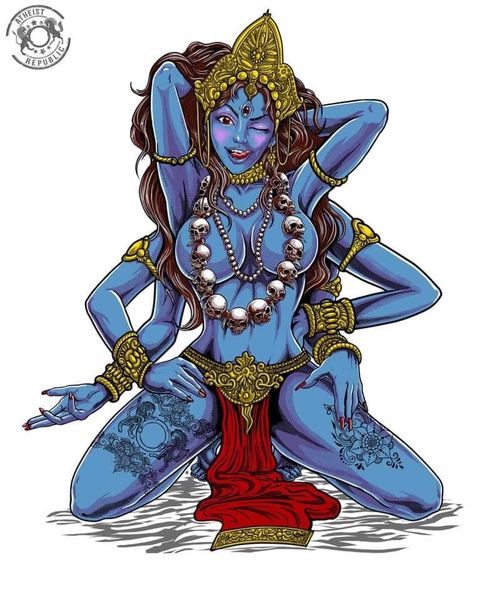Hinduism’s Perspective On Sex
Madhu Khanna (2000) refers to three paradigms of female sexuality in Hinduism.These are the reproductive model wherein the female body is the instrument of fertility, the second is the virile female body for pleasure and the third is the female body as an instrument of transcendence.Many people look to their faith for guidance on sexual relationships. Many Hindus believe that sensual pleasure is one of the four main goals in life and sexual intercourse is a duty in marriage.
Kama includes sexual pleasure and sex is considered a good thing to be enjoyed, but within certain boundaries. Self-control is an important aspect of Hindu teachings.
During the second ashrama, sexual activity in a loving and committed relationship is actually encouraged. This is because having children is viewed as an important part of life and also because kama is a valid aim in life.
Within these ‘boundaries’, sexual pleasure is celebrated in some Hindu teachings. The Kama Sutra is a respected guide to physical pleasure, based upon the concept of love and mutual respect. It also includes guidance on respect, tenderness and care for the partner, so that there is emotional and spiritual pleasure given and gained, not just physical.
Some Hindus look at the examples of Shiva and Parvati. They are often portrayed as romantic lovers and are represented in many shrines and temples through the lingam (penis) and yoni (vagina), which are symbols of male and female sexual organs. This is the same concept of ida and pingala; ying and yang.
In the Bhagavad Gita itself Lord Krishna himself says in chapter 10 verse 39 that he is that primal urge of procreation.
More interestingly, especially expressed by Sufism, an off shoot of Hinduism, the act of sexual intercourse is a metaphor of the devoting uniting with the Divine.
I’ve always found the philosophical Hindu concept of sex sans taboo quite enlightening and, like all lifes phenomena, a learning point.
Please consider Donating to keep our culture alive


